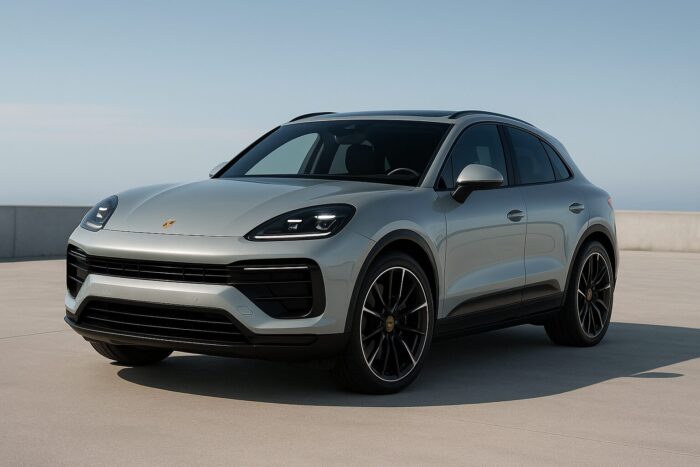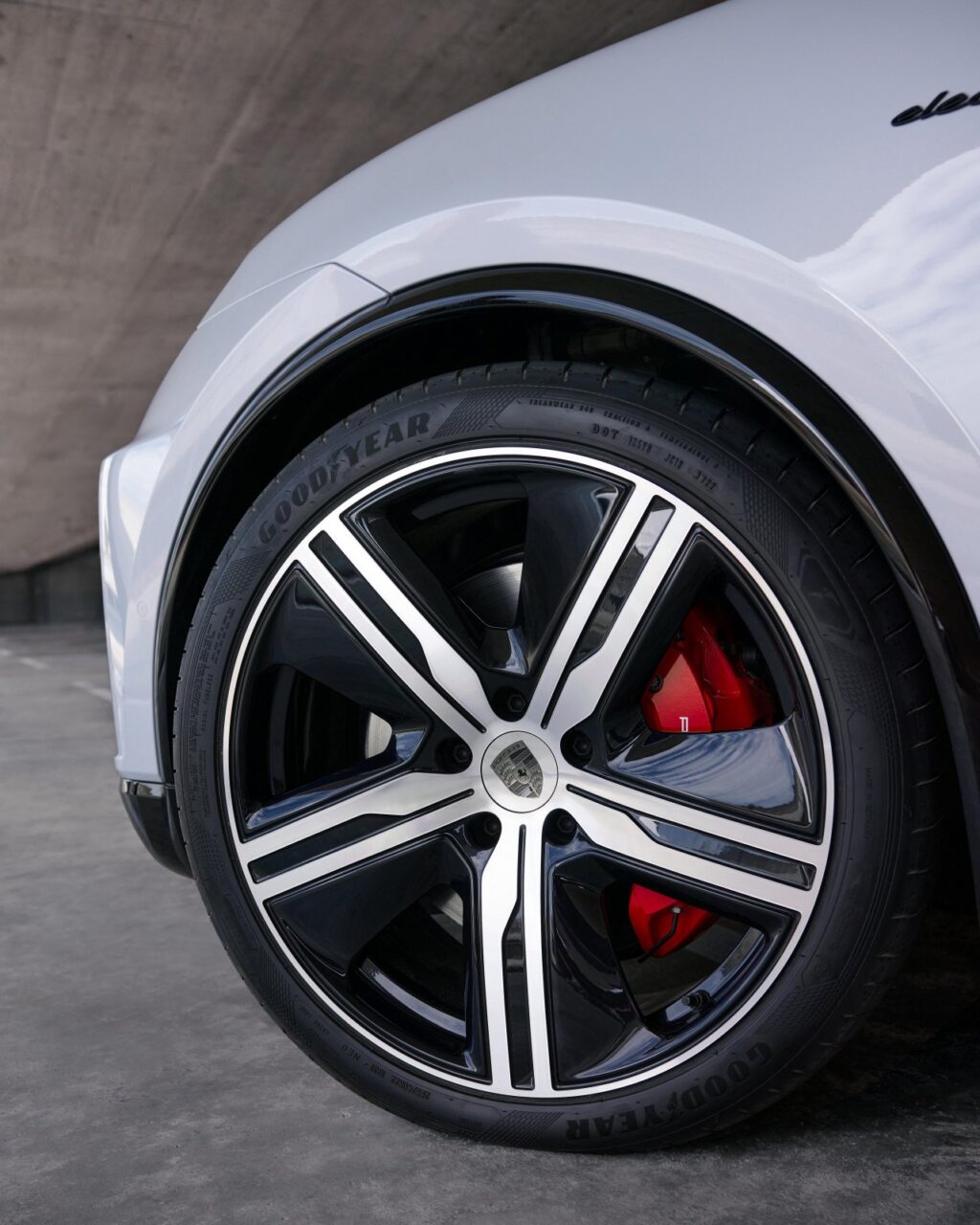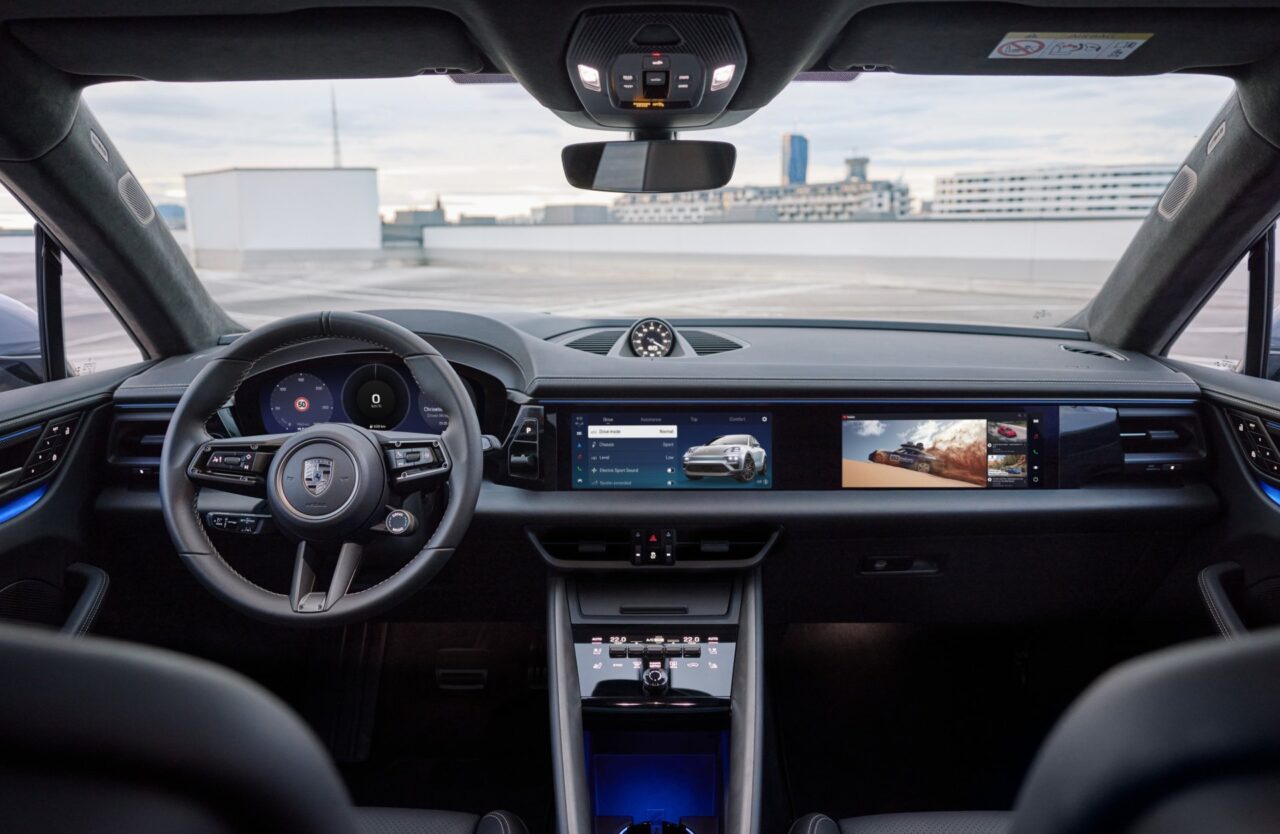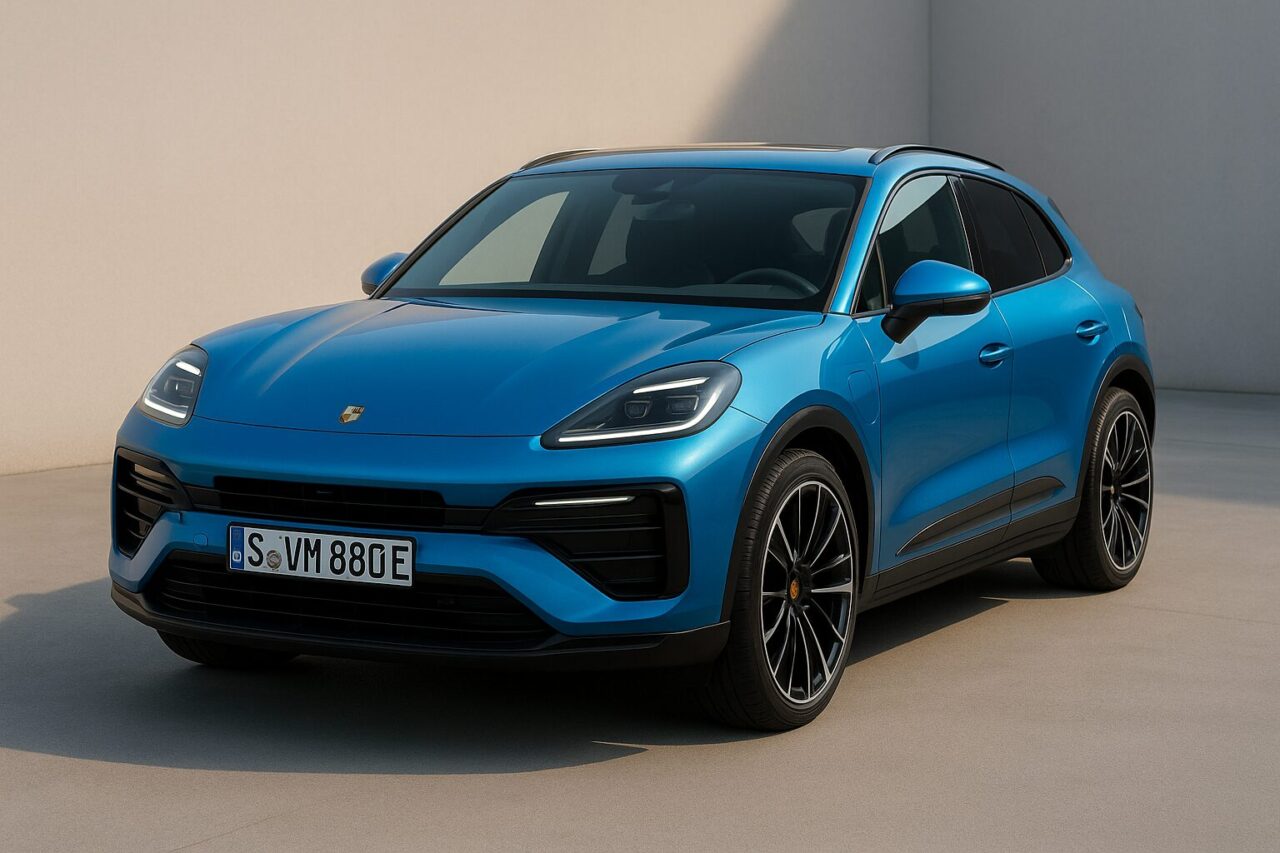Is Porsche Launching a New Internal Combustion Engine SUV to Succeed the Macan in 2028? Great News for Gasoline Enthusiasts
公開日:

コンテンツ
Porsche has announced plans to introduce a new internal combustion engine SUV to the market in 2028.
This move is seen as a strategic pivot in response to the slower-than-expected growth of the electric vehicle market. The new crossover, equipped with gasoline and hybrid powertrains, will serve as the successor to the current gasoline-powered Macan, although the “Macan” name will be reserved exclusively for the electric vehicle version going forward.
Why the Gasoline Macan Was Discontinued Due to European Regulations
Last year, Porsche was forced to withdraw the original Macan from the European market.
This was not merely a strategic decision but a necessity due to the new safety regulations (GSR2) that came into effect in July 2024. Despite being Porsche’s best-selling model at its headquarters in Zuffenhausen, the Macan could no longer be sold on the European continent.
Currently, the gasoline Macan continues to be sold in markets where GSR2 regulations do not apply, but its production is scheduled to end in 2026.
After production ends, Porsche will face a two-year gap in its lineup. While the electric Macan has already been announced, the return of a crossover SUV with an internal combustion engine is expected only in 2028.

A Return to Internal Combustion Engines and Why
At the 2025 first-half earnings announcement, Porsche CEO Oliver Blume described the new SUV as “a very typical Porsche in its segment, but distinctly different from the electric Macan.” The company is accelerating development to bring the model to market in record time.
Initially, Porsche had no plans to develop a new SUV with an internal combustion engine, banking on the success of the electric Macan. However, slower-than-expected electric vehicle sales prompted management to change course and return to conventional powertrains.
This aligns with the company’s earlier statement this year about investing in gasoline and hybrid technologies and exploring entirely new models with traditional engines. This recent announcement confirms that decision.

Technical Foundation of the New SUV
CEO Blume has not revealed detailed plans on how the model will be prepared by 2028, but the new SUV is expected to use Volkswagen Group’s new platform, the “Premium Platform Combustion (PPC).” This platform is also employed in the latest Audi Q5.
Considering that the current Macan is based on the older Q5 platform, this speculation is unsurprising. Porsche has already stated that the new model will leverage synergies within the VW Group.
The latest Q5 built on the PPC architecture offers gasoline and diesel 4-cylinder engines, a plug-in hybrid option, and a 3.0-liter V6 engine producing 362 horsepower in the SQ5 model. It remains unclear if Porsche’s new crossover will mirror the Q5/SQ5 lineup, but diesel engines will likely be excluded. Porsche has withdrawn from diesel technology since the 2018 Dieselgate scandal.
Design and Market Positioning
The design of the new model remains under wraps, but according to CEO Blume, it will feature a “distinctive Porsche profile” and be similar in size to the Macan. Interestingly, the “Macan” name will be reserved exclusively for the second-generation electric vehicle set to launch after the original model’s 2026 withdrawal.

This will create a two-year gap between the gasoline Macan and the electric successor. The new internal combustion engine SUV will likely be sold under a different name.
Porsche’s strategic pivot reflects the realities of the electric vehicle market. While many automakers are aggressively shifting toward electrification, actual market response has been more cautious than anticipated. Especially in the luxury segment, a significant customer base still prefers traditional engines.
To address this market reality, Porsche is adopting a dual-track strategy—continuing development of internal combustion models alongside its electric transition. This balanced approach aims to secure short-term revenue while paving the way for long-term electrification. The development of the new SUV demonstrates Porsche’s flexibility in adapting to market changes. Although the shift to electric vehicles is inevitable, the pace varies by market, and demand for internal combustion models will persist for the foreseeable future.
All eyes will be on Porsche’s upcoming announcements to see how the 2028 internal combustion SUV will fit into the lineup and what name it will carry.
このブログが気に入ったらフォローしてね!


Comment ( 0 )
Trackbacks are closed.
No comments yet.